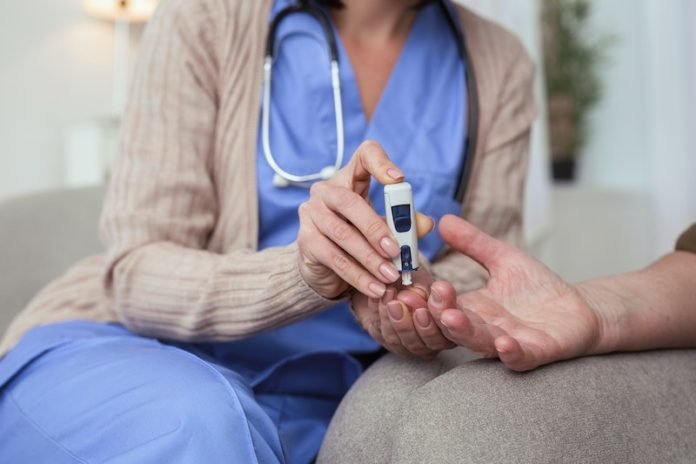
The Importance of Catching Prediabetes Early
Prediabetes is like a yellow traffic light warning you to slow down before hitting a red signal that indicates diabetes, heart disease, or stroke. The good news? It’s reversible. The bad news?
Most people don’t even know they have it. A recent study discussed at ENDO 2022, the Endocrine Society’s annual meeting, throws light on why certain people get diagnosed while others don’t.
How the Study Was Conducted: Looking at More Than Blood Sugar
Dr. An V. Nguyen and her team from the Scripps Clinic in California reviewed patient records from five different clinic locations over two years.
They wanted to find out who among the 20,061 patients in the study got correctly diagnosed with prediabetes. The results were eye-opening: only 37% were correctly diagnosed.
Why? It turns out that diagnosis isn’t just about blood sugar levels; it’s also influenced by factors like a patient’s age, weight, gender, and other existing health conditions.
Factors That Influence Prediabetes Diagnosis
It appears that if you’re female, overweight, of Asian descent, and have other health conditions like lipid disorders, you’re more likely to get correctly diagnosed with prediabetes.
On the flip side, if you’re male, Black, and taking certain medications like immunosuppressants, you’re less likely to be diagnosed correctly.
Most health care providers rely on a Hemoglobin A1c test, which measures average blood sugar levels over three months, for diagnosis. But this test isn’t foolproof and may not catch everyone who is at risk.
Dr. Nguyen pointed out that there seem to be some built-in biases when it comes to who gets diagnosed, and this calls for a serious rethink among healthcare providers.
The Call for More Thoughtful Diagnosis
This study is important because it highlights that we need a better approach to diagnosing prediabetes.
If we’re missing out on correctly diagnosing a large chunk of the population, it means many people are unknowingly progressing towards full-blown diabetes and other related health problems. And remember, these are conditions that can often be reversed if caught early.
According to the Centers for Disease Control and Prevention (CDC), 80 to 90% of people with prediabetes don’t know they have it. That’s a lot of missed opportunities for prevention.
Dr. Nguyen sums it up well, saying this research “serves as a call for reflection within the provider’s practice.”
It’s time for healthcare providers to think beyond the standard tests and consider a wider range of factors to catch this reversible but potentially dangerous condition.
If you care about diabetes, please read studies that MIND diet may reduce risk of vision loss disease, and Vitamin D could benefit people with diabetic neuropathic pain.
For more information about diabetes, please see recent studies that Vitamin E could help reduce blood sugar and insulin resistance in diabetes, and results showing eating eggs in a healthy diet may reduce risks of diabetes, high blood pressure.
Follow us on Twitter for more articles about this topic.
Copyright © 2023 Knowridge Science Report. All rights reserved.



